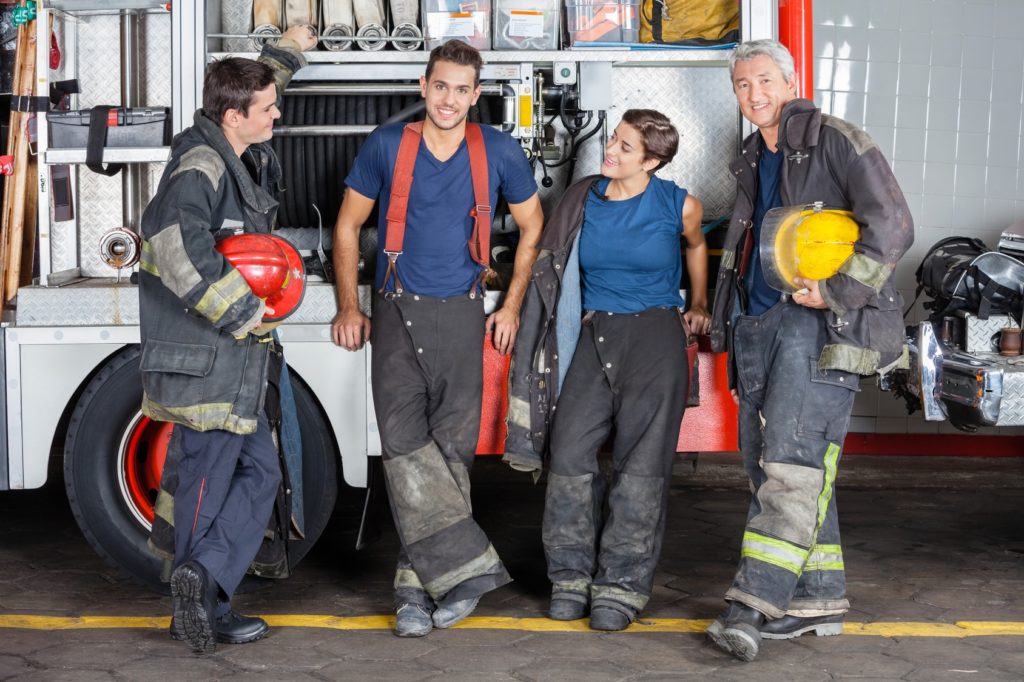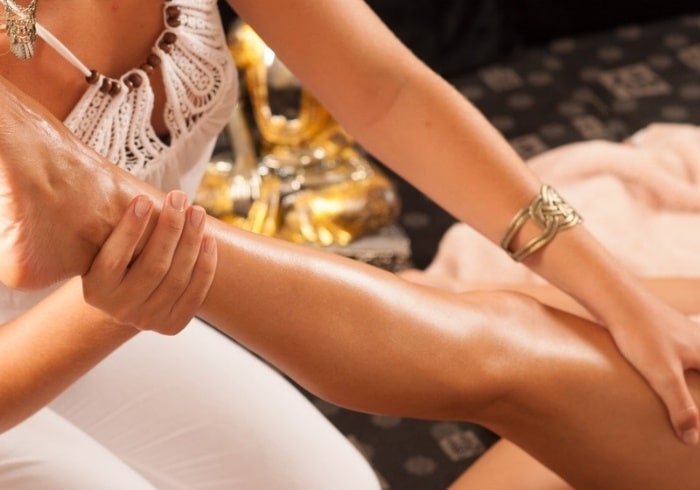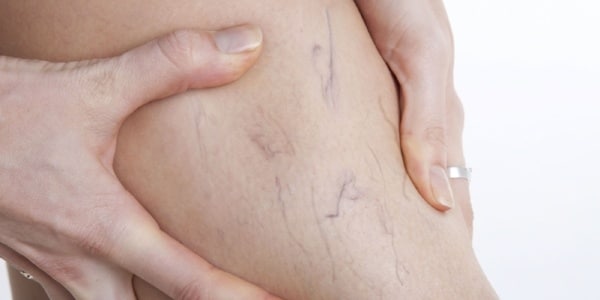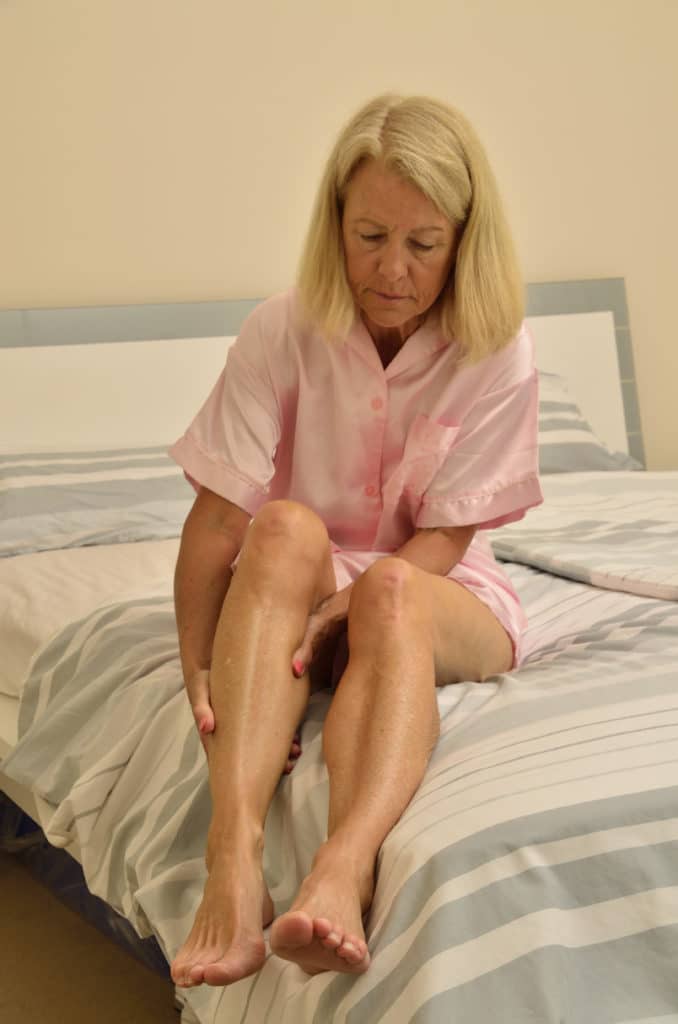
Firefighters: Higher Risk of Venous Insufficiency and Vascular Disease
One might think that the biggest cause of injury among American firefighters would be burns and collapsing structures. However, more than just skin and bones, it is the firefighter’s vascular system that is at risk.
There are a number of reasons why firefighters are especially susceptible to vascular injury, and why they in particular need to consult with a qualified vein specialist for diagnosis and treatment of all dysfunctions that affect the heart and blood vessels, including Chronic Venous Insufficiency (CVI) and varicose veins.
Firefighters are Pushed to the Limit
The schedule of a firefighter is highly unpredictable. Shift work, itself, is disruptive to sleep and eating schedules, and can lead to generalized fatigue and difficult digestion. Unless an individual is motivated, the sometimes long periods of relative inactivity between fire calls can lead to weight gain and decreased levels of fitness; the incidence of overweight and obesity among firefighters is high. And adrenaline-drenched episodes of fire fighting push firefighters to the limit, physically, psychologically and emotionally. Working in the blistering heat, in heavy protective gear, hauling heavy equipment over long distances causes firefighters’ bodies to overheat and dehydrate, their blood vessels to dilate and become less efficient, and their blood more likely to coagulate easily.
Chronic Venous Insufficiency is Common among Firefighters
All of these are factors in the development of cardiovascular disease, including sudden cardiac events. Even more common among firefighters, though, is the development of Chronic Venous Insufficiency. While CVI is not likely to be fatal, it will adversely affect quality of life, and one’s ability to perform firefighting duties. Among other CVI symptoms, sufferers will note that their legs feel heavy, achy, itchy, and tired. Left untreated,Chronic Venous Insufficiency can progress, leading to swelling in the legs, feet and ankles, leg ulcers that don’t heal easily, and Deep Vein Thrombosis (DVT).
The good news is that there is help. If you are experiencing any of the symptoms of CVI, consider consulting a qualified vein specialist as soon as possible.
Using thorough examination techniques and duplex ultrasonography, a qualified vein specialist will be able to assess and recommend a treatment plan tailored to your needs. And there are minimally invasive techniques available that can help optimize your vascular health, with minimal discomfort, and in very little time have you back up and saving the world again, one burning building at a time.
You were concerned that your varicose veins might be a symptom of chronic venous insufficiency or other blood circulation problems beneath the surface, so you consulted your qualified vein specialist. Together, you decided on your best varicose vein treatment, and you are committed to doing all that has been prescribed for your aftercare. What you…
Read MoreHere is the thing: you could have varicose veins and not even realize it. While we associate the term varicose veins with the really obvious blue and twisty bulges that make our legs look like road maps, this is not always the case. Varicose veins occur when the valves in the veins—designed to prevent the…
Read MoreUsted podría estar pensando que sus varices son sólo un problema cosmético, pero podrían ser una señal de que su salud vascular está comprometido. Si ese es el caso, y si usted está sufriendo de insuficiencia venosa (CVI), es casi seguro que su proveedor de beneficios de salud cubrirá la mayoría si no todos los…
Read MoreYou might be thinking that your varicose veins are just a cosmetic issue, but they could be a sign that your vascular health is compromised. If that is the case, and if you are suffering from venous insufficiency (CVI), it is almost certain that your health benefits provider will cover most if not all of the…
Read MoreDoes massage help varicose veins? You might be thinking that massage is a great way to deal with the ache and pain of varicose veins. It seems like it would make sense. Massage therapy is great for improving muscle tone, blood circulation, general relaxation, and overall tissue health. All of these things are important for…
Read MoreThere are a lot of myths and misconceptions when it comes to spider veins. So we asked Jilanne Rose, DPN, ANP-C, a top Metro Phoenix Vein Specialist, to dispel some of the more frequent misconceptions surrounding the cause, risk factors, and treatment of this common vein condition. Myth #1: Spider Veins are Only Cosmetic Many people…
Read MoreJilanne Rose, ANP-C, and Clinical Director at the Advanced Vein Institute of Arizona has been asked to speak at the “Your Health Matters” Seminar on Thursday, January 26th at 10am. The seminar is being hosted by Generations Senior Living in Gilbert Arizona.
Read MoreIf you think that your varicose veins hurt more at night, you are probably not imagining this. The reason why, in a word, is contrast. This might make more sense once it is explained… Especially since the advent of electrical lights, it can be easy to forget that nighttime is for rest. As daylight…
Read MoreAs a smart consumer and advocate for your own health, you have likely done your research about the variety of varicose vein treatments available, and you have probably noticed that vein procedure success rates are hard to find. Some try. There are statistics tucked into difficult-to-read research abstracts and surveys. Some reports contradict others. Others…
Read MoreIf you worry that getting a second opinion on your varicose vein treatment is rude or disrespectful—don’t! Any reputable health professional will tell you that consulting with more than one health specialist is a smart thing to do. Here are a few reasons why that is… Ensuring a proper diagnosis will reduce anxiety…
Read More


